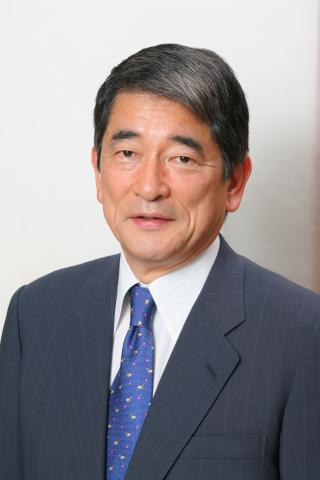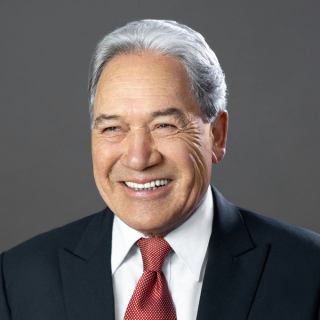
Practical information
Registration for this event is now closed.
Japan-China relations and Japan-South Korea relations, both very important pillars of international relations in East Asia, are instable and often fraught with bitterness. Controversial disputes over history issues underlie Japan’s complex relations with the two countries. The political tensions are complicating a much-needed cooperation.

The neighbors indeed share strong interests that push them to ultimately cooperate in a pragmatic way, be it on economic and trade issues, or on strategic matters, such as towards North Korea. Yukio Okamoto will explain and discuss the possibilities for better relations and reconciliation.
Yukio OKAMOTO, a former Special Advisor to two Prime Ministers of Japan, is the President of Okamoto Associates and a Robert E. Wilhelm Fellow at MIT. From 1968 to 1991 Mr. Okamoto was a career diplomat in Japan’s Ministry of Foreign Affairs. Then he established Okamoto Associates Inc., a political and economic consultancy. Post-retirement, Mr. Okamoto has served in a number of advisory positions. From 1996 to 1998, he was a Special Advisor to Prime Minister Ryutaro Hashimoto. From 2001 to 2004, he was again a Special Advisor to Prime Minister Junichiro Koizumi, also serving as the Chairman of the Prime Minister’s Task Force on Foreign Relations. Mr. Okamoto is a visiting professor of international relations at Ritsumeikan University as well as Tohoku University. He has written many books on Japanese diplomacy and is a regular contributor to major newspapers and magazines. He is a very well-known public speaker and a frequent guest on public affairs and news television programs.
Chair: Thomas GOMART, Directeur de l'Ifri
Speakers
Other events

Navigating War, Reforms, and Secure Future: Ukraine’s EU and NATO Accession Path
Exclusive conve

Lunch debate with Winston Peters, Deputy Prime Minister and Minister of Foreign Affairs of New Zealand
Discussion co-chaired by Thierry de Montbrial, Executive Chairman of Ifri, member of the Academy of Moral and Political Sciences, and Marc Hecker, Deputy Director of Ifri (in English without translation).

Shaping Europe’s Technological Sovereignty
In the wake of Donald Trump's re-election in the United States, Europeans face a crucial imperative: rethinking their sovereigny, especially in the technological realm. What will be the strategic priorities and action levers of the new European Commission on this issue? What assessment can we make of the previous Commission’s achievements and challenges in navigating Sino-American technological competition, transatlantic dependencies, and emerging global partnerships?










